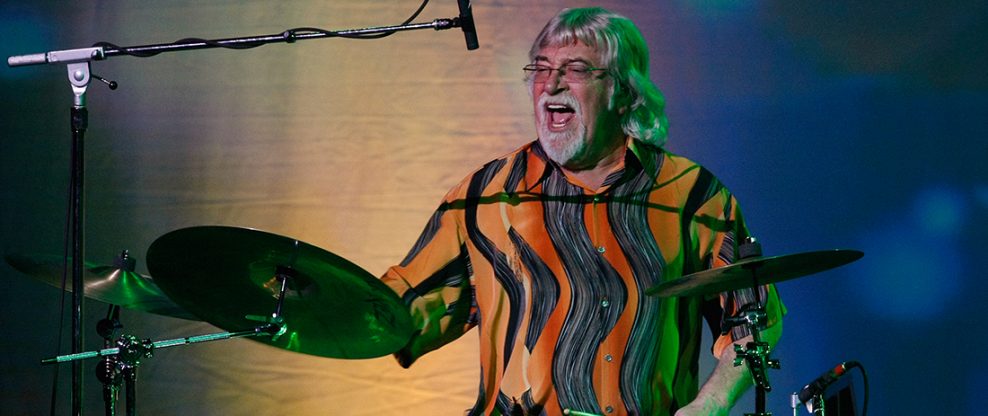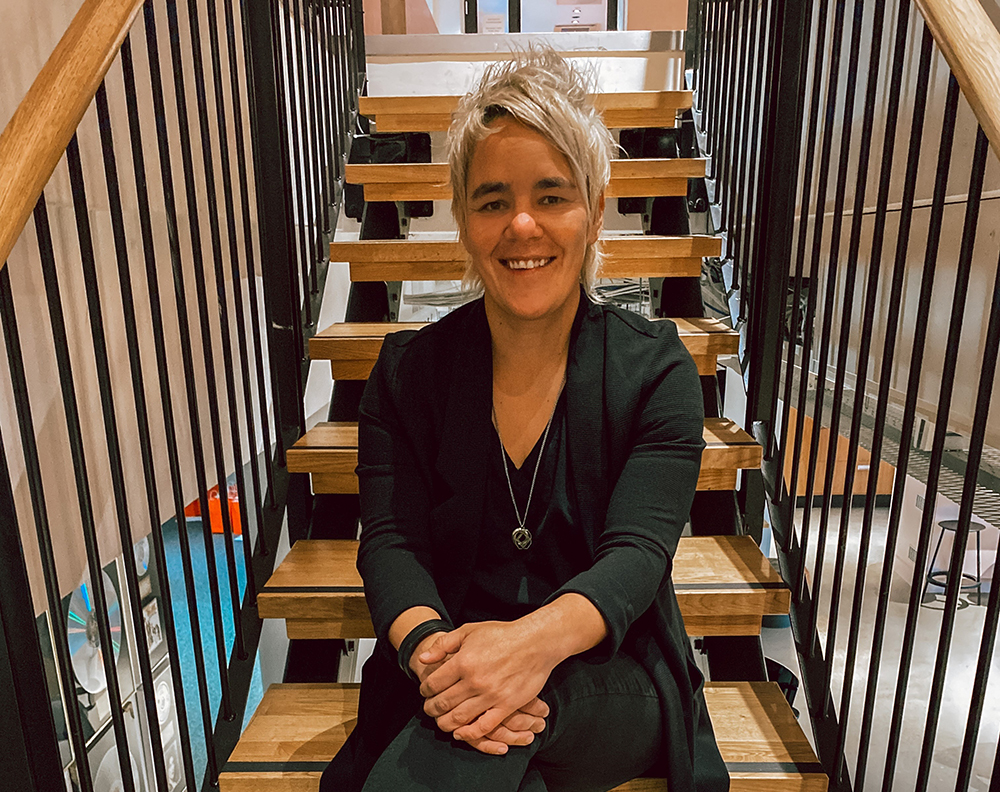(CelebrityAccess) — Graeme Edge, a poet, drummer, and founding member of the English progressive rock band The Moody Blues, has died. He was 80.
A cause of death was not revealed but Edge disclosed in July that he had been diagnosed with cancer.
Edge’s passing was announced by Moody Blues frontman Justin Hayward.
It’s a very sad day. Graeme’s sound and personality is present in everything we did together and thankfully that will live on.
When Graeme told me he was retiring I knew that without him it couldn’t be the Moody Blues anymore. And that’s what happened. It’s true to say that he kept the group together throughout all the years, because he loved it.
In the late 1960’s we became the group that Graeme always wanted it to be, and he was called upon to be a poet as well as a drummer. He delivered that beautifully and brilliantly, while creating an atmosphere and setting that the music would never have achieved without his words. I asked Jeremy Irons to recreate them for our last tours together and it was absolutely magical.
Graeme, and his parents, were very kind to me when I first joined the group, and for the first two years, he and I either lived together, or next door to each other – and despite us having almost nothing in common, we had fun and laughs all the way, as well as making what was probably the best music of our lives.
Graeme was one of the great characters of the music business and there will never be his like again.
My sincerest condolences to his family.
Justin Hayward
A Staffordshire native, Edge trained as a draftsman but soon moved into music full time, first landing a role as the manager for the Moody Blues before joining the band’s initial lineup with Denny Laine, singer/bassist Clint Warwick, singer/keyboardist Mike Pinder, and singer/flautist/harmonica player Ray Thomas in 1964.
After some early personnel changes that included Denny Laine and Clint Warwick stepping back, and the additions of John Lodge, and Justin Hayward, the group jelled and began producing a string of hits that included “Go Now,” “Question,” and “Knights In White Satin.”
In 1974, after Moody Blues went on hiatus, Edge launched a solo career, recording two albums as the leader of the Graeme Edge Band, and took some time away from music to circumnavigate the globe in his sailing yacht, Delia.
A noted innovator, Edge also is attributed with one of the earliest uses of computerized drums in contemporary music, developing the instrument with Sussex University Professor Brian Groves. The instrument was featured on the Moody Blues track “Procession” from the 1971 album Every Good Boy Deserves Favour.
Edge rejoined the Moodys when the band reformed in 1978 and continued to perform with them until he announced plans to retire this year.




















































